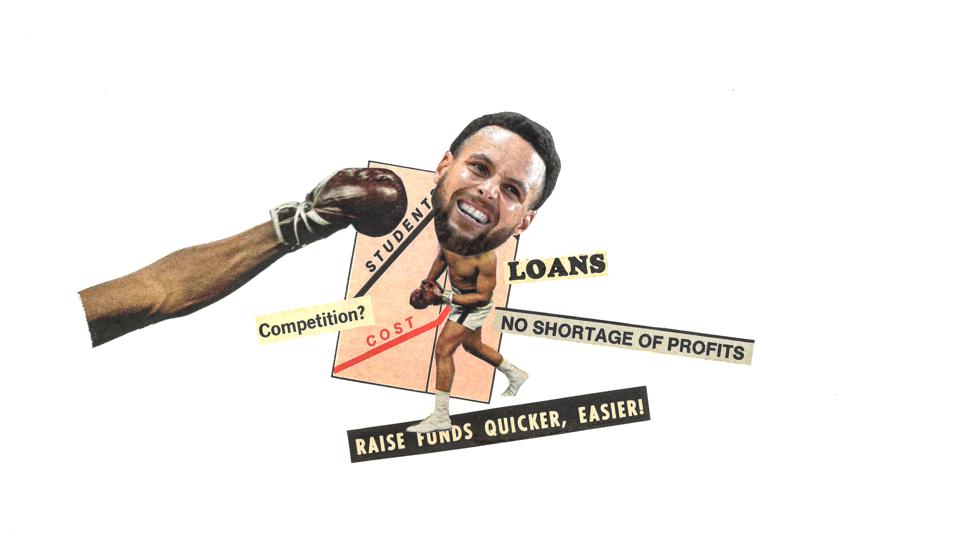Punching Steph Curry

Imagine, if you will, that the NBA operated under a slightly different set of rules, allowing each team to throw a limited number of punches per game at the opposing team. Teams would scramble to find the most effective ways to punch out opposing superstars, or to protect their own. They might bring on “designated punchers,” better at throwing right hooks than hook shots. Statistics nerds would try to calculate whether teams should use their punches early or late in the game, or to estimate how quickly punched players could recover. On TNT, Charles Barkley and Shaquille O’Neal would debate whether a coach should have used all of their permissible punches to deck LeBron James, or saved some punches to level his supporting cast. Taunting would be refined to an art form, as players tried to bait the other team into wasting valuable punches. Contract clauses would reward not only points, rebounds, and assists, but also a player’s effectiveness in knocking out opposing superstars. Instead of trying to raise its field-goal percentage, a successful team might be focused on punching Stephen Curry.
Some might cheer, but most true basketball lovers and many NBA players and coaches would find this rule offensive, and certainly dangerous. Yet as long as NBA competition was structured to allow a few punches a game, there would be little room for anyone to abstain. Teams that would race straight to the bottom—those best at knocking out Curry or James—would have a serious leg up in pursuit of NBA championships. Any coach or player who tried unilaterally to resist the use of violent punching would be putting their team at a serious competitive disadvantage. And those who advocated for disallowing punching would no doubt be accused of overregulating and reducing the freedom to compete in the NBA.
Absurd? Perhaps so, but this thought experiment about: the capacity for all of us to care for family, pursue potential and purpose, and participate in the economy without domination and humiliation—not only in our roles as workers, but also as consumer and business competitors?
You’re reading a preview, subscribe to read more.
Start your free 30 days





